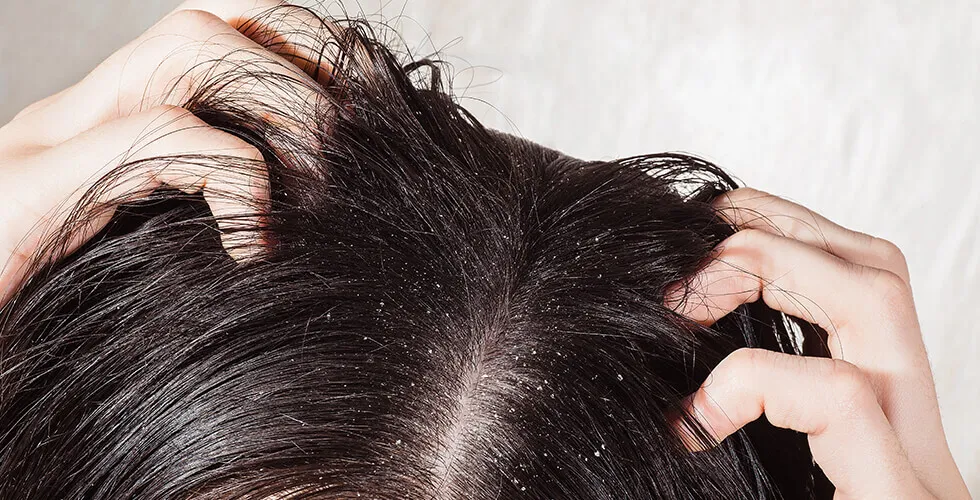An itchy scalp can be uncomfortable and distracting, and it’s often a symptom of an underlying issue. While it may seem like a minor annoyance, persistent itching can signal anything from simple irritation to more serious skin conditions. Fortunately, many causes of scalp itch are treatable, especially with the right diagnosis and care.
One of the most common reasons for an itchy scalp is infrequent hair washing. When sebum—your scalp’s natural oil—builds up alongside dirt and product residue, it can lead to irritation and itching. On the other hand, the products you use may also be to blame. Shampoo, conditioner, hair dyes, or styling products can leave behind residue or cause allergic reactions, leading to inflammation and itching, especially if not rinsed thoroughly.
Dandruff, often marked by visible flakes and mild to moderate itchiness, is another frequent cause. Sometimes it’s linked to conditions like eczema or seborrheic dermatitis, which causes red, scaly patches on oily areas of the scalp. These inflammatory conditions may worsen with stress or infrequent washing.
More severe causes include scalp psoriasis, an autoimmune condition that leads to thick, scaly plaques, and fungal infections like ringworm, which produces red, itchy bald spots. Head lice can also cause intense itching, especially in children, as a reaction to their bites. In rare cases, nerve-related issues—caused by scarring, diabetes, or shingles—can create persistent itch without any visible rash.
Relief depends on the cause. Over-the-counter dandruff shampoos may help, but sometimes prescription treatments like antifungal medication, corticosteroids, or medicated lotions are needed. Maintaining good hygiene, avoiding shared hair products, and managing stress can prevent flare-ups. If the itching continues for weeks, worsens, or has no clear cause, it’s best to consult a dermatologist for proper diagnosis and treatment.
An itchy scalp isn’t just irritating—it’s your body’s way of signaling that something may be off.

